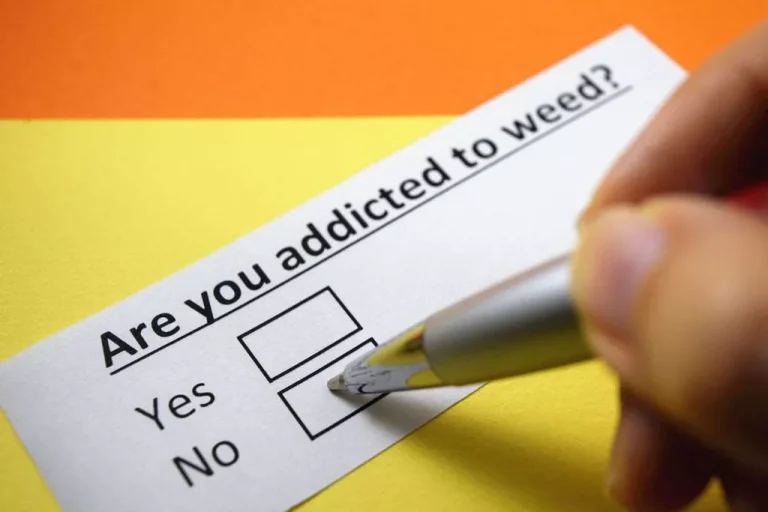Before Spravato was approved in 2019, ketamine was prescribed off-label for the treatment of depression. Other off-label uses of ketamine include treating bipolar disorder, post-traumatic stress disorder, as well as substance use disorder. Ketamine can be administered during abdominal operations, orthopedic procedures, surgical burn treatment, some dental procedures, and many other types of surgery.
Adverse Effects
Reports suggest that the dissociative effect may also disappear over time. The dissociative effect alters the users perception of light and sound and produces feelings of detachment from self and surroundings. Another major advantage lies in the fact that ketamine works very quickly, Eriksson says.
Is ketamine therapy covered by insurance or Medicare?
After the death of actor Matthew Perry, ketamine—for decades used as a popular party drug—came into the public eye once more. According to the medical examiner, Perry, who had been undergoing “ketamine infusion therapy” for depression, had levels ketamine addiction of the drug in his body in the range used for general anesthesia during surgery. That said, research on the benefits of ketamine for depression remains relatively new. Experts emphasize the need to continue exploring its long-term safety and effectiveness.
Ketamine for depression: A unique weapon in the treatment arsenal
We use only trustworthy sources, including peer-reviewed studies, board-certified medical experts, patients with lived experience, and information from top institutions. If you’re considering ketamine therapy, know that the protocol will depend on the individual clinic or company. We’re using Neomedicine Institute as an illustrative example, and patient experiences at other providers may vary. Also, note that there are drug-to-drug interactions that may make ketamine use unsafe, such as benzodiazepine sedatives and opioid analgesics, as well as stimulants used for ADHD. So it’s best to discuss ketamine with your doctor or clinical pharmacist first, per Pfizer Medical Information. Ketamine has been used as a medication to treat several pain and mood disorders.
Related/similar drugs
Critical care supervision is necessary for patients under mechanical ventilation. An interprofessional team approach is necessary to improve patient outcomes related to ketamine and minimize adverse drug reactions. If you have certain health conditions, such as high blood pressure or heart-related problems, or certain mental health conditions, such as schizophrenia, ketamine may not be safe for you. Your doctor can tell you about the latest research and medical uses for ketamine, including the pros and cons of the drug. A lot of new research is currently being done on the various effects of ketamine. This includes benefits for mental health conditions such as treatment-resistant depression, PTSD, and suicidal ideation.
Is Ketamine Safe?
But its benefits, dosages, and safety for long-term use need further research. According to a 2014 review, ketamine for medical purposes is only used under the direct supervision of a trained health professional. Your doctor will not prescribe any form of ketamine for you to use on your own. The dissociative effects are one reason ketamine is popular as a “club drug” for recreational use.
General anesthesia denotes a sleep-like state, while dissociative refers to the effect of feeling disconnected. People who use ketamine regularly can develop a tolerance to it, which could lead to them taking even more to get the effects they’re looking for. Mixing drugs is always risky but some mixtures are more dangerous than others.
But the drug must be administered under a doctor’s supervision, leading some experts to worry that patients could have problems accessing it, as they do with intravenous ketamine. Esketamine (Spravato) is a form of ketamine available as a nasal spray. It’s used along with an antidepressant to treat treatment-resistant depression in adults. Glutamate is an important neurotransmitter, a kind of brain chemical that plays a role in typical brain function. Researchers believe this activity helps with ketamine’s uses in anesthesia, pain management, and depression treatment.
- Ketamine is also used as a recreational drug that can be abused for its dissociative sensations and hallucinogenic effects.
- Patients can sometimes experience severe and troubling hallucinogenic effects, such as intense dreams and delirium, upon waking; these effects are more common in adults than in children.
- SSRIs block the reabsorption (reuptake) of serotonin, making it more available in the brain.
- (The exception would be when a patient is imminently suicidal, in which case the treatment would often be started while the patient is hospitalized.) What counts as “trying” an oral antidepressant?
- Important discharge education includes informing patients not to drive, use heavy machinery, or perform potentially hazardous activities for 24 hours after the administration of ketamine.
It is critically important that an individual who engages in inappropriate use of ketamine get professional counseling and treatment. Aside from the above drug interactions, a 2017 study reports that taking ketamine with amphetamine-like stimulants can produce undesirable effects. Research in 2017 notes that some studies indicate ketamine can quickly relieve depression in people who do not respond well to other treatment. Keep reading to learn more about the uses, side effects, and risks of ketamine, as well as its interactions with alcohol and other drugs. Ketamin can sedate, incapacitate, and cause short-term memory loss, and because of this, some people use it as a date-rape drug. Ketamine is a medication that doctors use as an anesthetic to induce loss of consciousness.
Ketamine should only be used in a clinical setting under the supervision of a healthcare provider. Ketamine can have side effects, including changes in blood pressure. This drug may be contraindicated for you if your blood pressure is unstable. Ketamine is not currently approved by FDA for the treatment of any substance use disorder.





